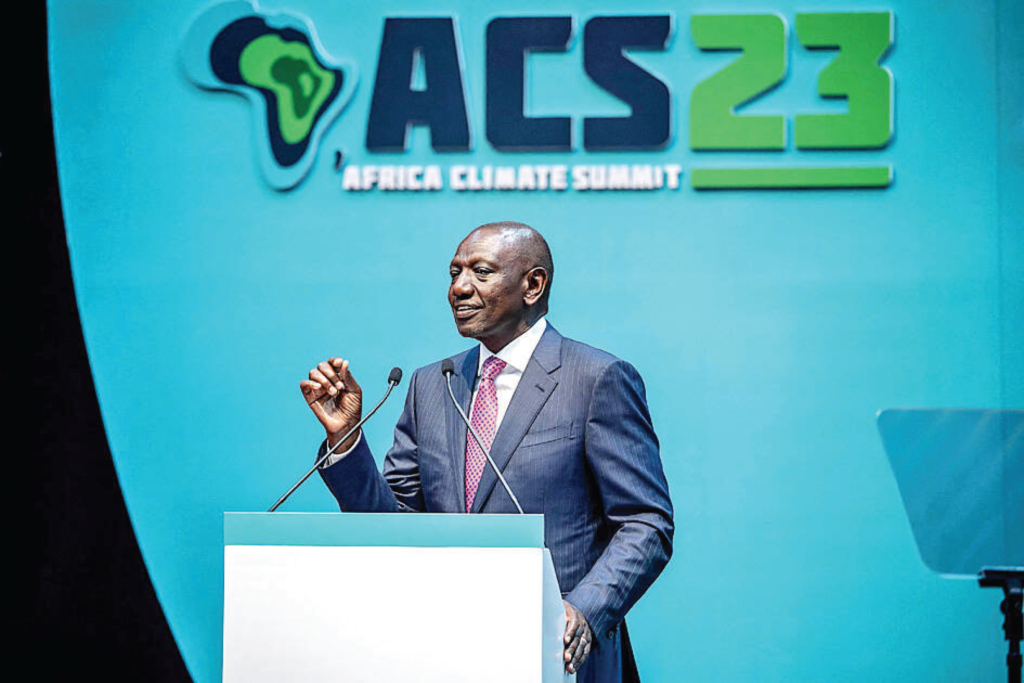Climate Talks Or Fossil Fuel Trade Jamboree? How To Get It Right Next Time
As week 2 of this COP jamboree is ramping up, one thing is clear – it’s time to think about how to make host countries and COP presidencies (and no, they are not always the same) do what the Paris Agreement obliges them to do: to fully respect human rights and to ensure open and transparent civic space.
While the Universal Declaration of Human Rights has been around for 75 years, some Presidencies seemingly needed a reminder: in June, the UNFCCC reiterated that its meetings should be convened at a place where human rights and fundamental freedom are promoted and protected. One very basic rule is to make the host country agreement (HCA) for COPs publicly available. ECO has looked and looked for the one for COP28, from the corners of B6 to the basement of B1: it is nowhere to be found. The UNFCCC tells ECO that it can be requested from the UN Treaty system, but not how that can be done. It’s like trying to find B7 without a yellow brick road.
We all know by now that there can be no climate justice without human rights, and we simply can’t have COP Presidencies going around violating basic human rights.
... Read more ...


